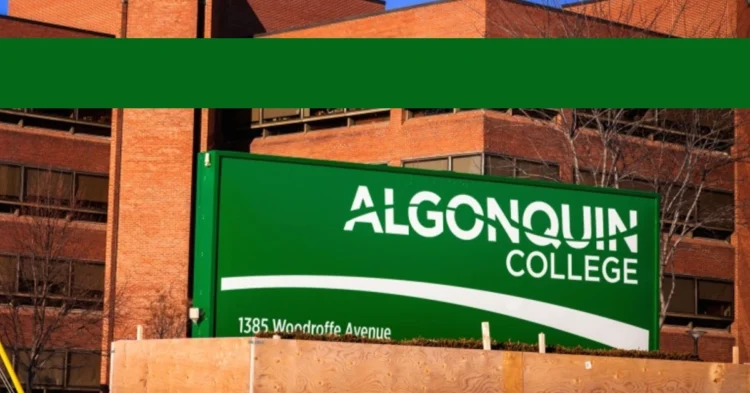The recent announcement that Algonquin College will phase out its Academic Assistance for Adults with Developmental Disabilities (AAADD) program by April 2026 has sparked outrage and concern among advocates, parents, and educators across Ontario.
Table of Contents
The AAADD program, tailored for adults with intellectual and developmental disabilities, has long been a rare beacon of opportunity in Ontario’s post-secondary system. Focused on building functional academic skills, workplace readiness, and personal independence, the program has served students who often fall through the cracks in traditional education pathways.
But now, it is being cut.
A Future Uncertain: Alex’s Story
Eighteen-year-old Alex Vautour, a student at Sir Guy Carleton Secondary School, had seen the AAADD program as his path forward. Diagnosed with autism, Alex is currently enrolled in a general learning stream that helps students acquire life skills and basic academics. For his mother, Meredith Vautour, the loss of this program is not just a policy decision—it’s a devastating blow to her son’s future.
“The program we’re losing is exactly what he needed,” Meredith said tearfully. “It gave him hope, a vision of continuing to learn and maybe even get a job.”
For families like the Vautours, the cancellation represents a growing trend of lost support for people with disabilities. They point to a series of recent policy decisions, including the lack of a federal disabilities ministry under Prime Minister Mark Carney, and education funding cuts under Ontario Premier Doug Ford, which have collectively reduced critical support systems.
“It feels like every level is coming at these kids,” said Meredith. “Every parent wants their child to be ready for adulthood and to feel included in society. We’re seeing doors close, not open.”
Ontario Investing $750 Million in University and College STEM Programs
A Critical Gap in Adult Special Education
The decision to cancel the program highlights a larger systemic issue in post-secondary education for students with disabilities. Most colleges and universities in Ontario do not offer dedicated, supportive academic programs for students with developmental challenges. Programs like AAADD are exceedingly rare, and for many families, irreplaceable.
“Specialized programs like AAADD bridge the gap between high school and meaningful adulthood,” said one educational advocate. “These students don’t have other options. Once they turn 21, the system offers them almost nothing.”
Algonquin College Responds
While Algonquin College has not provided detailed reasoning behind the decision, they confirmed that the program is being phased out by April 2026, and that existing students will be supported until that time. No plans have been announced to replace it with an equivalent service or program.
“The college remains committed to accessibility and inclusion,” said a spokesperson. “However, we are reassessing our program offerings to align with long-term strategic goals.”
To affected families, these statements ring hollow.
The Bigger Picture: Education and Inclusion in Ontario
Ontario’s educational and social services infrastructure for people with developmental disabilities has been criticized for years. Parents say the decision to cut AAADD is yet another example of policymakers failing to invest in long-term, inclusive strategies.
“Education is not just for the elite or the neurotypical,” said one special education teacher. “If we exclude people with disabilities from post-secondary learning, we fail them—and we fail as a society.”
What’s Next?
Families and advocacy groups are now organizing to petition Algonquin College and the Ontario government to reverse the decision. A public awareness campaign is already underway, with parents like Meredith Vautour speaking to media outlets and community leaders.
“This can’t be the end,” she said. “There are too many kids like Alex who deserve a chance—not just to be educated, but to be seen.”

